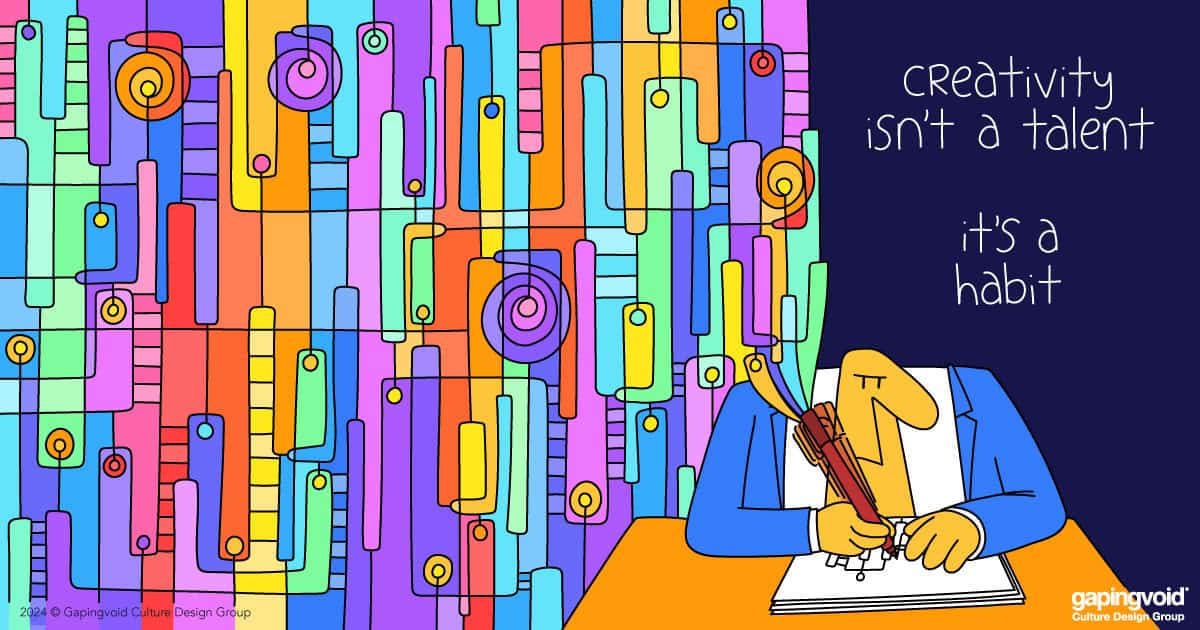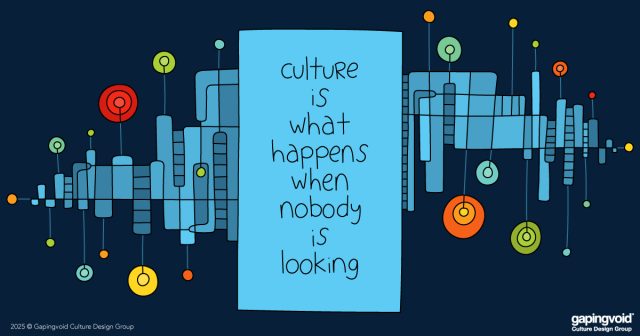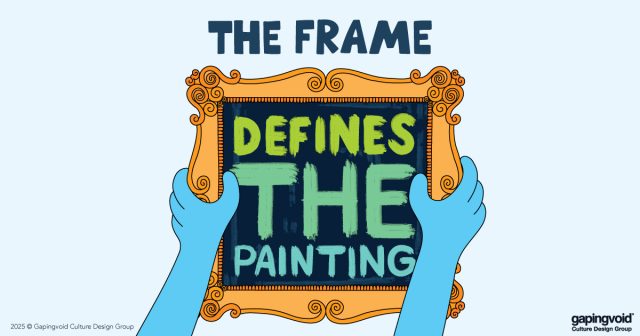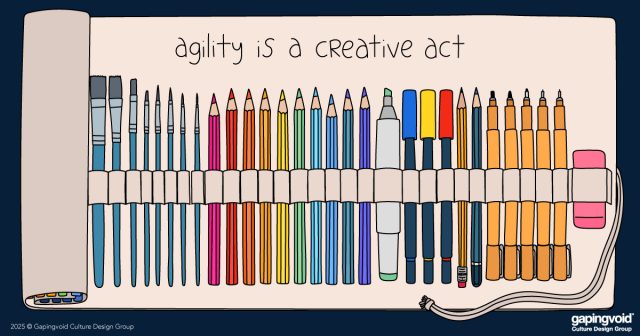
Our old friend Seth Godin has a great definition of organizational culture: “People like us do things like this.”
It’s simple and yet captures how shared norms shape an organization’s identity.
- If a customer is upset, then people like us go above and beyond to make them happy.
- If there’s a safety or quality issue, then people like us immediately speak up and listen (or don’t…)
- If someone has a unique idea, then people like us take the time to hear them out.
These norms, good or bad, just don’t just appear out of nowhere and suddenly become law. They became norms because, for whatever reason, somewhere along the way they became habits.
As habit guru James Clear points out in Atomic Habits, habits have three salient features.
1) They don’t happen in a vacuum – they usually get triggered by something (the “cue”).
2) They don’t get built overnight – they are the product of repetition over time.
3) The more someone repeats a habit, the more that habit becomes an effortless, automatic, and thoughtless response to the cue (he calls this “automaticity”).
Habits are basically automatic if-then loops. If I take the dog for a walk, then I stop by the cafe on the corner and get a coffee. If it’s Monday morning, we start meetings off with a stand up.
Of course, habits can be negative too. If I am stressed, I eat fatty potato chips. If someone makes a minor mistake, we blow it all out of proportion to advance our own agenda.
The truth is, a leader’s job is to design the “if-then” organizational habits that will accomplish their mission, and then install those habits in their organization, so that people actually act them out.
In other words, create a culture of “People like us do things like this automatically.”
American historian and philosopher Will Durant once wrote, “We are what we repeatedly do. Excellence, then, is not an act, but a habit.”
This truth applies equally to individuals and organizations. If you’re trying to change the culture of your company, instead of crafting a million-dollar plan, maybe a better place to start would be to just ask yourself the question, “To become the kind of people we need to be, what habits do we need to acquire?” And equally important, which do we need to discard?



